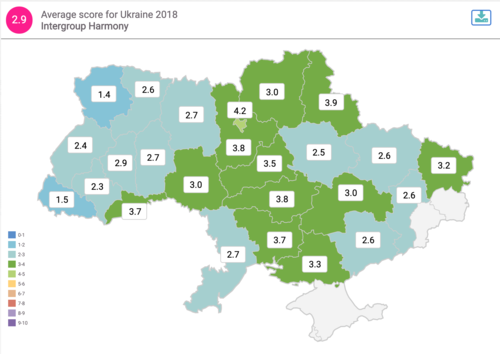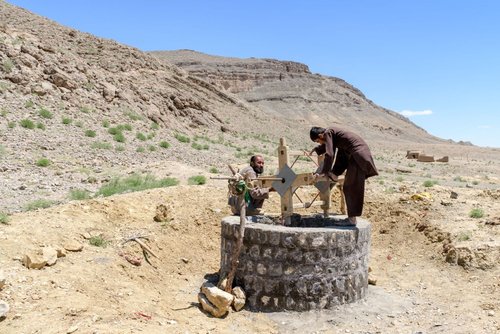Language dimensions of social cohesion: the significance of linguistic inequalities in the context of refugee settlement
Key facts
Intergroup relations
Participation
Equality/Inequality
Solidarity
Cooperation
Tolerance
Summary
Despite the commonly acknowledged role of language in the successful settlement of refugees, a more thorough understanding is required of how linguistic inequalities may impact on settlement, social inclusion and social cohesion. This article presents findings from a qualitative study on refugee settlement in New Zealand, a country with a strategic focus on improving social cohesion outcomes. The article takes a Bakhtinian dialogical approach and, informed by an ethical perspective of answerability, it conceptualises social cohesion as situated in the interactions that occur between the ‘speaking subject’ and the ‘other’. Viewing social cohesion as intersubjective and enacted in various (linguistic) encounters yet shaped by, and shaping, broader contexts, it argues that social cohesion is significantly impacted by a range of linguistic inequalities, especially in the case of resettled refugees. As dialogical interactions require language and a shared understanding between participants, limited resources in the dominant linguistic code combined with a lack of linguistic and communicative accommodation from the interlocutor impact on the subject’s ability to author themselves and to affect the outcomes of the interaction. This, in turn, has significant implications for settlement outcomes.




